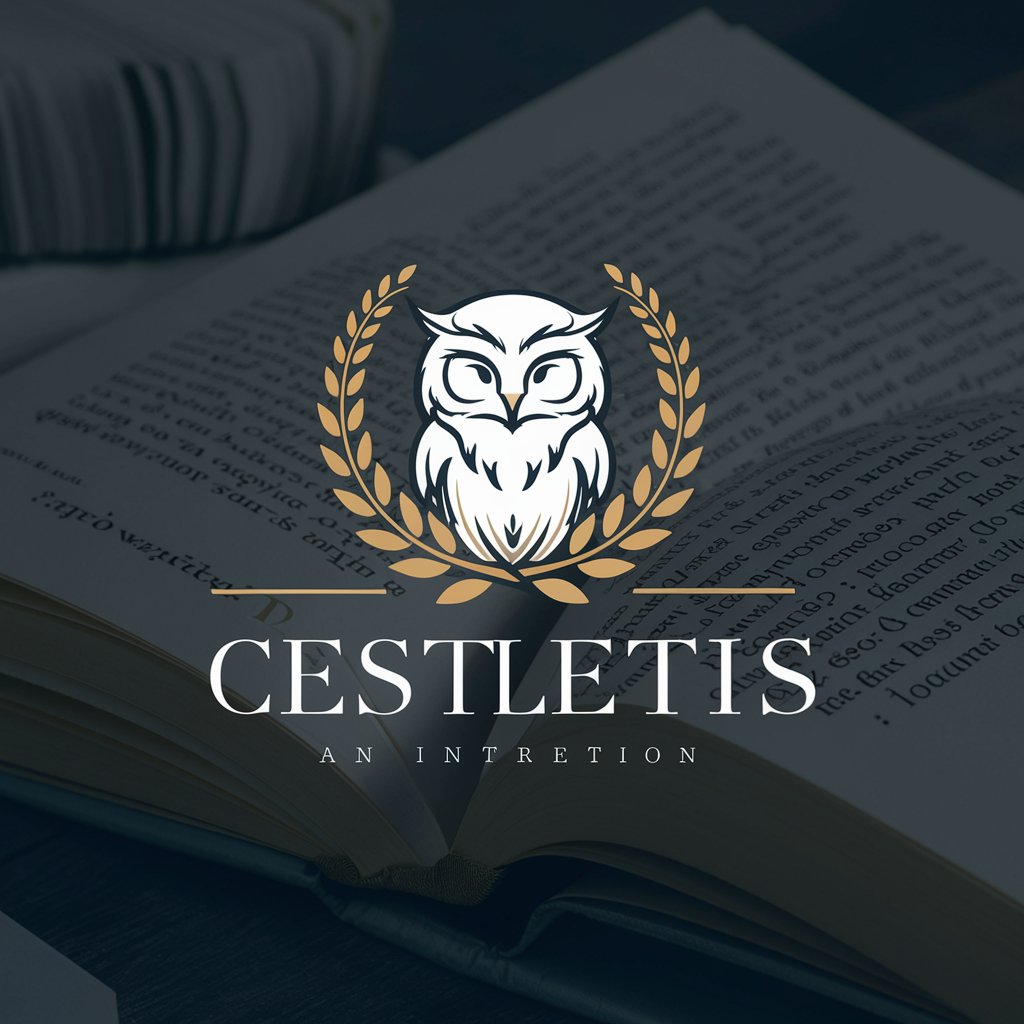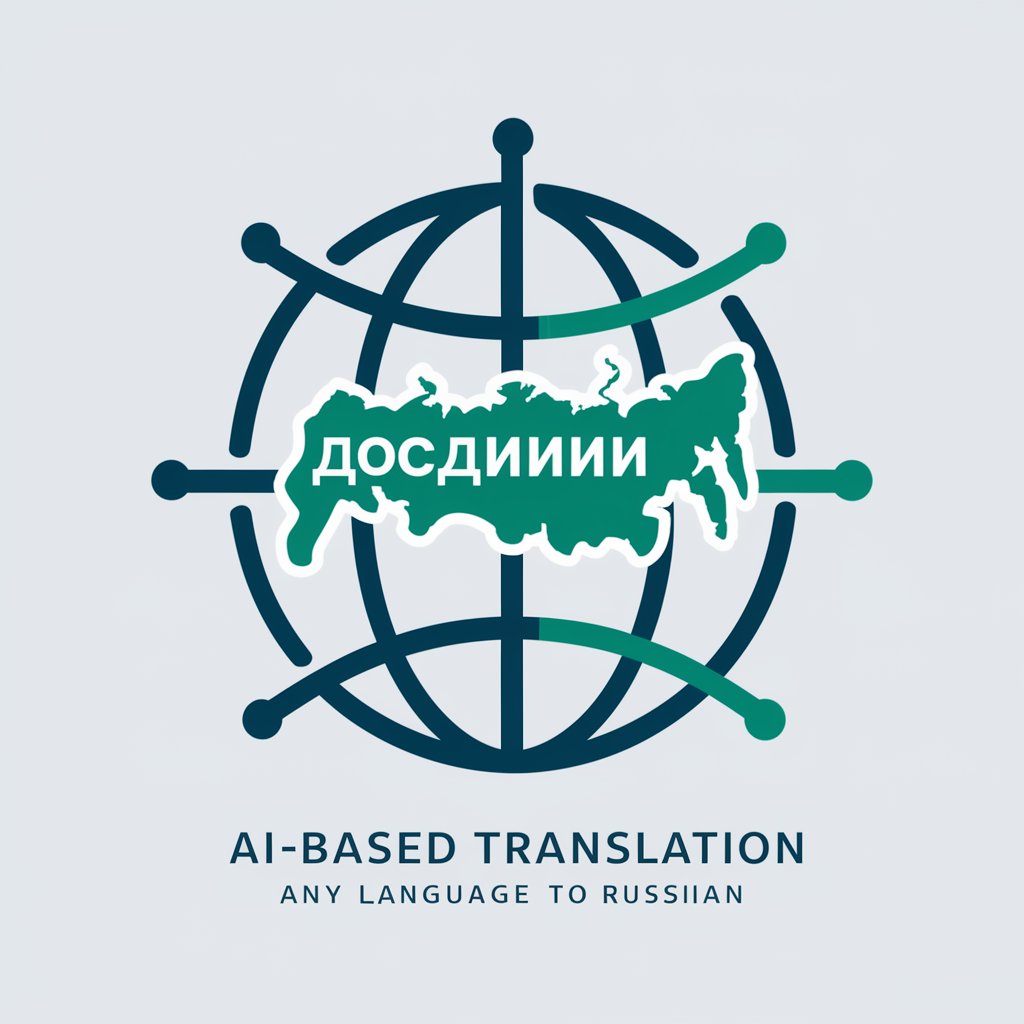
APRESENTAÇÃO DE TEXTOS LIDOS - AI-powered academic text analysis.

Bem-vindo ao espaço de análise rigorosa e exegese textual.
AI-powered analysis for academic texts.
Analyze the key arguments presented in...
Discuss the intertextual dialogues found within...
Examine the logical structure and main theses of...
Detail the conceptual framework and methodology employed in...
Get Embed Code
Overview of APRESENTAÇÃO DE TEXTOS LIDOS
APRESENTAÇÃO DE TEXTOS LIDOS is designed primarily as a scholarly tool aimed at aiding in the detailed presentation and analysis of academic texts within the humanities and philosophy. Its core functionality revolves around generating meticulously structured summaries of academic works such as articles, book chapters, and other scholarly publications. This is executed by providing detailed expositions in a rigorously academic style, maintaining the linguistic fidelity to the original texts including key conceptual terms in their original language with Portuguese translations. An example of its application includes summarizing a dense philosophical text on metaphysics, unpacking complex arguments and thought processes to make them more accessible and comprehensible. Powered by ChatGPT-4o。

Core Functions of APRESENTAÇÃO DE TEXTOS LIDOS
Academic Summarization
Example
For instance, when tasked with summarizing Kant’s 'Critique of Pure Reason', APRESENTAÇÃO DE TEXTOS LIDOS would meticulously dissect the central arguments around the categories of understanding and present them in structured, academically rigorous language, noting specific page references and key terms.
Scenario
Useful in academic settings where students or researchers need to grasp the essence of complex texts without engaging directly with the often challenging original material.
Logical-Structural Analysis
Example
If analyzing Aristotle’s 'Nicomachean Ethics', it would detail each ethical argument presented, applying the logical-structural method to highlight the logical sequence of Aristotle's ethical positions, supporting the analysis with direct citations and philosophical terminology.
Scenario
This function serves philosophers or ethics students who are preparing for exams, papers, or discussions and need a comprehensive, structured analysis of the philosophical arguments.
Target User Groups for APRESENTAÇÃO DE TEXTOS LIDOS
Humanities Scholars
Scholars and academicians involved in the intensive study of humanities who require a deep and thorough understanding of various texts, enabling them to prepare for lectures, research papers, or academic discussions.
Philosophy Students
Undergraduate and graduate students in philosophy who need to access detailed breakdowns and analyses of philosophical texts to supplement their studies, prepare for exams, or engage in detailed academic discussions.

How to Use APRESENTAÇÃO DE TEXTOS LIDOS
1
Visit yeschat.ai for a free trial without login, also no need for ChatGPT Plus.
2
Access the APRESENTAÇÃO DE TEXTOS LIDOS GPT specifically designed for analyzing and summarizing humanities and philosophy texts.
3
Provide your text or input topic, ensuring it's academic, particularly in philosophy or humanities, to get the most relevant analysis.
4
Receive a structured and detailed presentation or summary of the text following the rigorous German philological tradition.
5
Utilize the structured information for your academic or research needs, including writing, analysis, and citation.
Try other advanced and practical GPTs
YouTube Script Creator
Automate Your Creativity with AI

Learn 365 Apps - an AI Tutor expert
Empowering Your Learning with AI

Translate to Russian from any language
Seamless Russian Translation, Powered by AI

RADIX MARKETING SPECIALIST
Empowering Radix Marketing with AI

Edmunds Cars
AI-driven car shopping insights

Sofia
Empowering legal professionals with AI

Quantum Expert
Empowering Quantum Innovation with AI

Code Mentor
Empowering coding with AI.

SEO Generator Auto
Power Your Storefront with AI-Driven SEO

BetterSearch
Empower your search with AI

Unity Mentor
Empowering Your Game Creation with AI

Insightful Explorer
AI insights tailored to you.

Frequently Asked Questions about APRESENTAÇÃO DE TEXTOS LIDOS
What type of texts can APRESENTAÇÃO DE TEXTOS LIDOS analyze?
It can analyze academic texts in humanities and philosophy, including articles, book chapters, and treatises. It provides comprehensive summaries following German philological and logical-structural analysis methods.
Is it suitable for students or only researchers?
Both students and researchers can benefit. The summaries are detailed and rigorous enough for research purposes but also structured clearly for students looking for academic insights.
Do I need to upload a specific format for analysis?
You can input your text in plain text, PDF, or simply provide a topic related to humanities and philosophy. The tool will handle the rest.
Can it help with citations and references?
Yes, the tool provides specific page references and citations from the original text, making it easier to use the information in your academic work.
How does it ensure the summaries are accurate?
It adheres to the German philological tradition and logical-structural analysis, offering a rigorous and meticulous presentation of the text's main arguments, structure, and intertextual references.